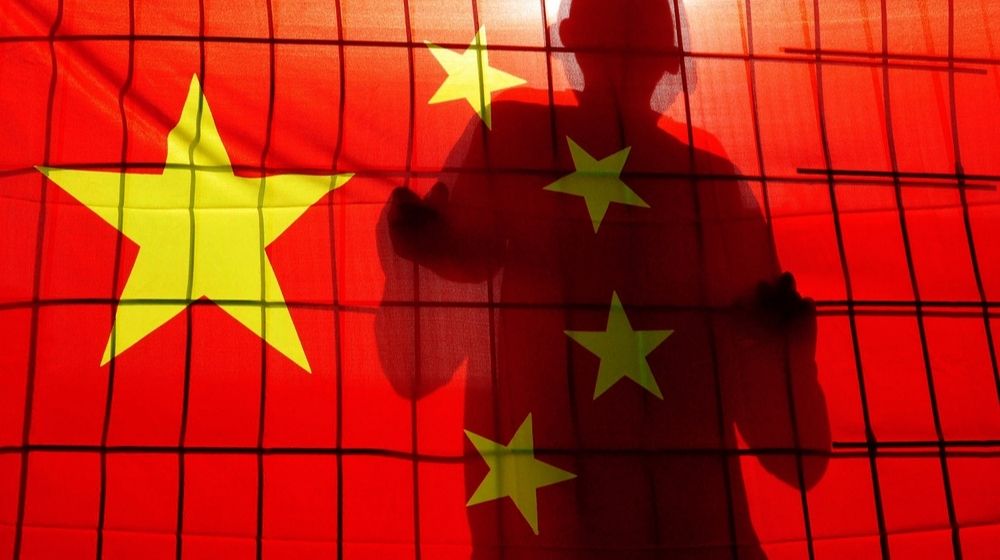Politics
U.S. Continues Crackdown On Academics’ Ties To Chinese Communists

The following information was released by Accuracy in Academia (AIA):
Spencer Irvine
Under the Trump administration, the U.S. federal government has cracked down on college professors and academic researchers who misused their positions to benefit the Chinese Communist Party-run government in China. Last week, federal prosecutors announced that they charged a visiting academic researcher with fraud on her visa application.
Inside Higher Ed reported that Juan Tang, a visiting researcher at the University of California-Davis, was one of four academic researchers who lied on U.S. government student and research visa applications about their ties to the Chinese military. Tang, according to federal authorities, is currently a “fugitive from justice” from federal authorities and is allegedly housed at the Chinese consulate in San Francisco, California. The other three nationals are in U.S. custody and could face a ten-year prison sentence if convicted of visa fraud.
In addition to Tang, the three others charged by federal authorities were visiting researchers Xin Wang at University of California-San Francisco, Chen Song at Stanford University, and Indiana University graduate student in machine learning and artificial intelligence Kaikai Zhao.
The U.S. Department of Justice issued a press release and accused the four individuals of hiding their ties to the People's Liberation Army (PLA). Assistant Attorney General for National Security John Demers said, “These members of China's People Liberation Army applied for research visas while hiding their true affiliation with the PLA.” He added, “This is another part of the Chinese Communist Party's plan to take advantage of our open society and exploit academic institutions. We will continue to conduct this investigation together with the FBI.”
https://twitter.com/Gnews202064/status/1287231290840944644
Tang, who remains in hiding, is an active “uniformed officer of the PLA Air Force.” She was employed at the PLA's Air Force Military Medical University, but when interviewed, she denied that she was a member of the PLA. The government has not outlined what information she stole from UCD as she remains at-large.
Wang, according to the U.S. government, hid his fourteen years in the PLA working as an associate professor in medicine and was allegedly active as a PLA technician. During the course of the investigation, the U.S. government discovered that Wang duplicated research of one of his UCSF academic colleagues at a Chinese lab.
Song allegedly lied on her application and claimed she was a neurologist while she was an active PLA operative. She also lied about her employer, which her application said was Xi Diaoyutai Hospital. Tang's military affiliation was with the PLA's Air Force and she was listed as an attending physician of the Department of Neurology of the PLA Air Force General Hospital. It was unclear which information she stole from Stanford.
Zhao is an active employee of a PLA's “premier institution for scientific research and education,” called the National University of Defense Technology. She attended the Chinese Communist equivalent to the U.S. Air Force Academy, which is the Aviation University of Air Force.
The U.S. government has pursued ties between researchers and academics and the Chinese Communist Party government under the Trump administration. One of the more notable arrests was of a Harvard University department chair named Dr. Charles Lieber. Lieber was Harvard's chemistry department chair and he allegedly lied to the government about China's government paying him to pass along research and secrets. China allegedly paid him a $50,000-per-month salary and $158,000 in living expenses while working in China.
2020 States News Service
UP NEXT:
